Raspberry leaf tea
$18 Original price was: $18.$13Current price is: $13.
- Product name: Raspberry leaf tea
- Origin: Viet Nam
- Ingredients: 100% naturally aspberry leaf, no flavoring or preservatives.
- Size: 40gr
- Store in a dry, cool place, away from direct light
Raspberry leaf tea is a herbal infusion made from the dried leaves of the red raspberry plant (Rubus idaeus). Known for its mild, earthy flavor and numerous health benefits, this tea has been traditionally used for centuries, especially for women’s health and overall wellness. Whether you’re looking for a comforting herbal drink or a tea with potential health benefits, raspberry leaf tea is a great choice.
Let’s explore its origins, benefits, and how to enjoy it in the best way!
Product information raspberry leaf tea
- Product name: Raspberry leaf tea
- Origin: Viet Nam
- Ingredients: 100% naturally aspberry leaf, no flavoring or preservatives.
- Size: 40gr
- Store in a dry, cool place, away from direct light
What is raspberry leaf tea?
Raspberry leaf tea is made from the dried leaves of the red raspberry plant (Rubus idaeus), which is native to Europe, North America, and parts of Asia. While raspberries are widely known for their sweet, juicy fruit, their leaves have been equally valued for centuries due to their medicinal benefits.
In ancient European and Native American traditions, raspberry leaves were highly regarded for their healing and toning properties, particularly for women’s health. Midwives and herbalists often recommended raspberry leaf tea to support pregnancy, ease labor, and regulate menstrual cycles, earning it the nickname “the woman’s herb”.
As herbal medicine evolved, raspberry leaf tea continued to be recognized for its nutritional and therapeutic benefits. Today, it is widely consumed worldwide, not only for its historical reputation as a natural remedy but also for its refreshing taste and potential health-boosting properties.
The benefits of raspberry leaf tea
Raspberry leaf tea is widely celebrated for its nutritional value and medicinal properties, offering a range of health benefits that have been recognized for centuries. This herbal tea is rich in antioxidants, vitamins, and minerals, making it a natural remedy for various health concerns.
Supports women’s health
One of the most well-known benefits of raspberry leaf tea is its positive effects on women’s reproductive health. It has traditionally been used to:
- Regulate menstrual cycles by reducing cramps and balancing hormones.
- Ease pregnancy discomfort by strengthening the uterus and preparing the body for labor.
- Support postpartum recovery, helping the uterus contract back to its normal size.
Promotes digestive health
Raspberry leaf tea contains tannins, which help:
- Soothe an upset stomach and relieve nausea.
- Reduce bloating and diarrhea by tightening and toning the digestive tract.
- Improve nutrient absorption for better gut health.
Boosts the immune system
Packed with vitamin C and antioxidants, raspberry leaf tea helps:
- Strengthen immunity and protect the body from infections.
- Reduce inflammation and fight off harmful free radicals.
- Support healthy skin, thanks to its high antioxidant content.
Supports heart health
This herbal tea may contribute to cardiovascular health by:
- Lowering blood pressure and improving circulation.
- Reducing oxidative stress, which can help prevent heart disease.
- Providing potassium, an essential mineral for heart function.
Enhances hydration & detoxification
Raspberry leaf tea is a natural diuretic, meaning it:
- Helps the body flush out toxins and reduce water retention.
- Supports kidney function and promotes overall detoxification.
- Keeps the body hydrated while providing essential nutrients.
May improve skin & hair health
The antioxidants and vitamins in raspberry leaf tea contribute to healthy skin and hair by:
- Reducing acne, redness, and irritation.
- Strengthening hair follicles and preventing hair loss.
- Slowing signs of aging by fighting free radicals.
How to make raspberry leaf tea
Brewing raspberry leaf tea is simple and allows you to enjoy its rich flavor and numerous health benefits. Whether you prefer a hot, soothing cup or a refreshing iced tea, here’s how you can prepare it at home.
Ingredients you’ll need
- 1–2 teaspoons of dried raspberry leaves (or 1 tea bag)
- 1 cup (8 oz) of hot water (about 190–200°F or 88–93°C)
- Optional: Honey, lemon, or cinnamon for added flavor
Hot brew method
- Boil the water – Heat fresh, filtered water to about 190–200°F (88–93°C).
- Steep the tea – Place the dried raspberry leaves (or tea bag) in a cup or teapot and pour the hot water over them.
- Wait for infusion – Let the tea steep for 5–10 minutes, depending on your preferred strength.
- Strain & serve – If using loose leaves, strain the tea before drinking. Enjoy it as is or add honey or lemon for extra taste.
Cold brew method
- Prepare the tea – Follow the hot brew instructions but use double the amount of raspberry leaves for a stronger infusion.
- Cool & refrigerate – Let the tea cool at room temperature, then refrigerate for at least 2–4 hours or overnight.
- Serve over ice – Pour the chilled tea over ice and add a slice of lemon or a drizzle of honey if desired.
Herbal tea blend ideas
- Relaxing blend: Mix raspberry leaf tea with chamomile or lavender for a calming effect.
- Detox blend: Combine with peppermint or dandelion root for digestive and detox benefits.
- Immune boosting blend: Add ginger or echinacea for extra immune support.
How to store raspberry leaf tea
Proper storage of raspberry leaf tea helps preserve its flavor, aroma, and beneficial properties for an extended period. Follow these simple guidelines to keep your tea fresh and high-quality.
- Store in an airtight container: Raspberry leaf tea should be kept in a sealed, airtight container to protect it from air, moisture, and odors. Glass jars with tight-fitting lids, metal tins, or resealable bags are great options.
- Keep in a cool, dark place: Exposure to heat, light, and humidity can degrade the quality of raspberry leaves. Store your tea in a cool, dry, and dark place, such as a kitchen cupboard or pantry, away from direct sunlight and heat sources like stoves or ovens.
- Avoid moisture and strong odors: Moisture can cause mold or spoil the leaves, so keep them away from humid areas. Additionally, raspberry leaf tea can absorb strong odors from nearby spices or foods, so store it separately from aromatic ingredients.
- Use within the recommended timeframe: For the best taste and potency, consume dried raspberry leaves within 6–12 months. While they won’t necessarily spoil, their flavor and nutritional benefits may diminish over time.
- Consider freezing for long-term storage: If you want to extend the shelf life, store dried raspberry leaves in a freezer-safe bag or airtight container and freeze them. This method helps retain freshness for up to 2 years without losing quality.
Raspberry leaf tea is more than just a soothing herbal drink it’s a time-honored remedy packed with essential nutrients and health benefits. Whether enjoyed hot or cold, on its own or blended with other herbs, raspberry leaf tea is a versatile and refreshing choice for any time of day. Give it a try and experience the natural goodness of this traditional herbal infusion!
Be the first to review “Raspberry leaf tea” Cancel reply
Related products
Tea
Tea
Tea
Tea
Tea
Tea

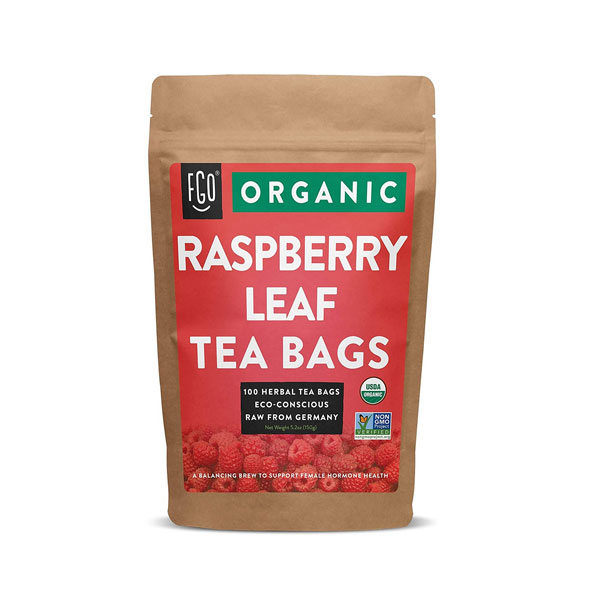
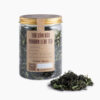
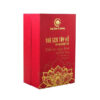
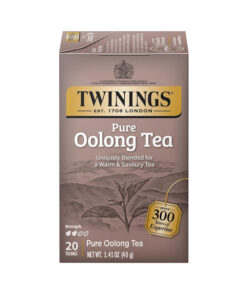
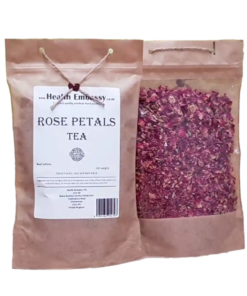
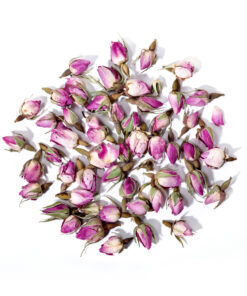
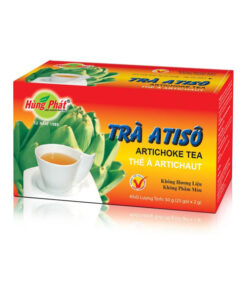
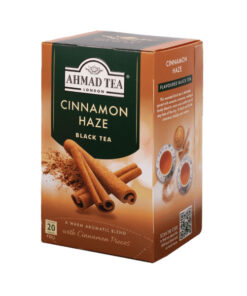
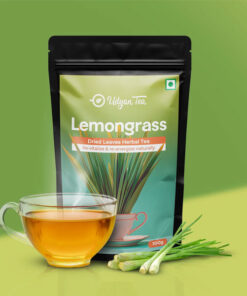
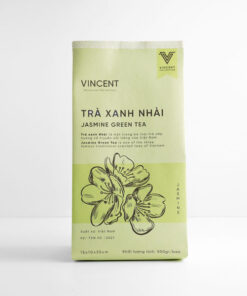
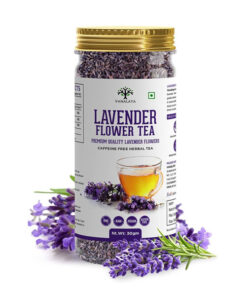
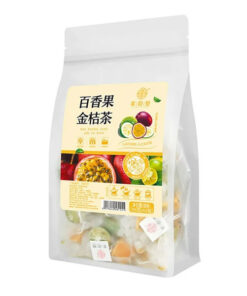
Reviews
There are no reviews yet.